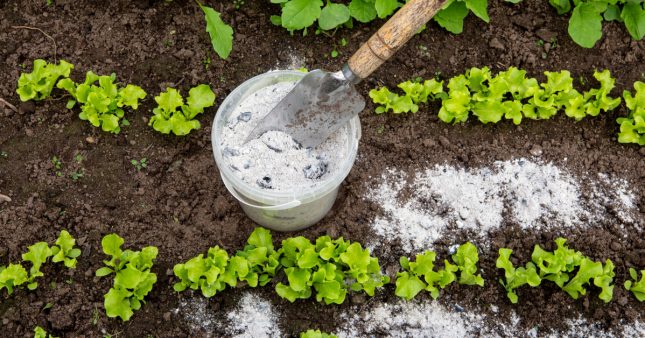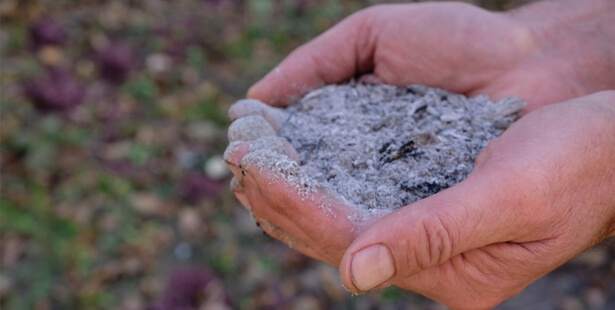
Wood ashes find a new use in the garden
Ashes from hardwood trees are generally richer than those from softwoods. It contains a lot of calcium, in the form of lime (between 17 and 33%), potash (between 2 and 6%), magnesium (between 2.5 and 4.6%), phosphorus (between 1 and 6%), iron oxides, manganese, among others, other elements such as sulfur, sodium, etc., in minute quantities.
Ashes are a very good calcareous amendment, able to replace lime to fight against soil acidity (to be avoided in very calcareous soils). Thanks to the potassium, it will also help the flowering and fruiting of plants.
Which ashes for the garden?
Favour ashes from untreated wood. When in doubt (origin, composition), scatter the ashes in the garden, forget it!
Wood pellets for heating are generally accepted but check that the binders are starch-based and without additives.
This is not the case for charcoal used for barbecues: some contain potentially toxic products. Use only charcoal ash that you know where it comes from.
Use of wood ashes in the garden
Also rich in minerals, wood ash provides nutritive benefits to your lawn, but also to vegetables in the garden and rose bushes.
Spread a handful of cold ashes around your trees and plants regularly.
Be sure to remove any large pieces of residue before dumping ash in the garden.
Ash against slugs
Fresh ash is also a very good slug and snail repellent. However, once wet, it loses its qualities and will not be useful: keep it dry. And as you can see, there is no need to use ashes in rainy weather! Wait until spring…
Ashes in compost
Wood ashes can, in small doses, complete the composition of a compost to improve its structure, as well as vegetable waste and sawdust.
In general, add a good handful each time you add a bucket of organic material. Scatter the ashes over the surface to avoid clumping.

Beware of ash in the garden – Use it wisely
Too much ash can unbalance the soil and its biological activity, as too much ash can form a crust, preventing gas exchange between the soil and the air.
As explained above, ash in the garden should not be used on calcareous soils, but also on plants that like acidity.

